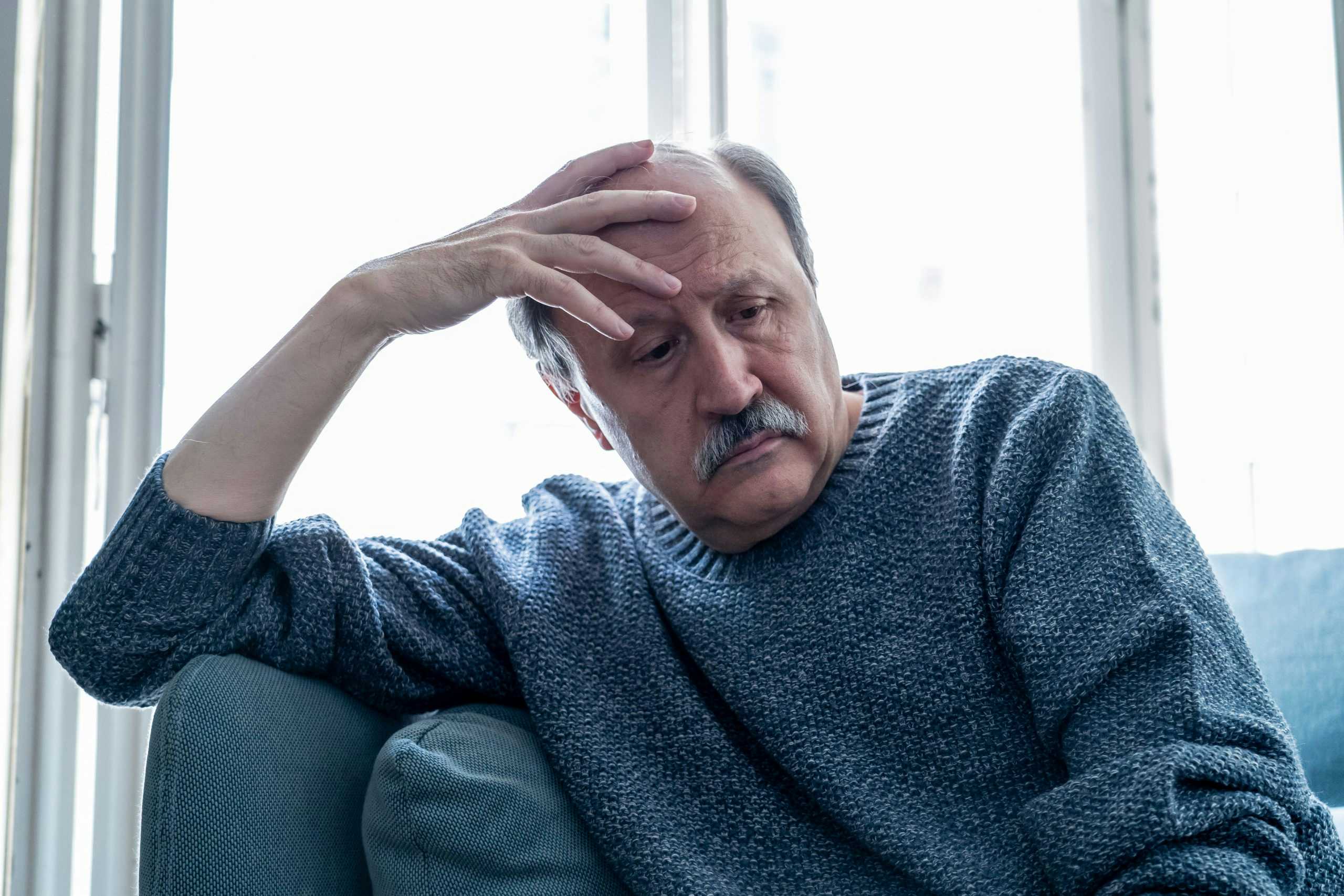
Doctors write a lot of prescriptions for anti-anxiety agents, pain medicine, sleeping pills and antidepressants. The last time we checked, 22 million Americans were filling more than 100 million prescriptions for drugs like sertraline (Zoloft), fluoxetine (Prozac) and escitalopram (Lexapro). How many people would need these medicines if they were not lonely?
Lonely People Get More Prescriptions:
Physicians can’t write a prescription to treat loneliness. Yet that may be the condition underlying the symptoms of depression, anxiety, insomnia and even pain that trigger their prescribing patterns. Older people may be especially vulnerable.
A study published in JAMA Internal Medicine (July 26, 2021) found that lonely older adults are much more likely to get risky prescriptions. The researchers reviewed interviews with more than 6,000 people over 65. The participants reported on their medications and answered questions about lonesomeness.
The investigators concluded:
“In this nationally representative cohort of older adults, loneliness was a powerful predictor of use of medications used to treat physical and psychological symptoms. Loneliness was associated with higher pain medication use, including use of opioids and NSAIDs, and more than twice the frequency of use of antidepressants, sleep medications, and benzodiazepines.”
What Makes These Drugs Risky?
The American Geriatrics Society has flagged all of these medications as potentially inappropriate for older people (Journal of the American Geriatrics Society, April 2019). You will find them on something called the Beers list. It is named after a man, not a beverage. Dr. Beers worried that too many older people were taking drugs that could make them dizzy or confused. Once he identified this pitfall, the American Geriatrics Society adopted the list and its upkeep. Until now, though, they did not ask whether lonely older people are more vulnerable.
They can result in:
“…opioid dependence, gastrointestinal bleeds, falls, fractures, delirium or cognitive impairment, new functional disability, and death.”
Readers Report Problems with Certain Drugs:
Some of our readers have offered their own experiences with such medications.
One person wrote about an antidepressant that doctors also prescribe for insomnia or pain:
“At 73 years old, I was prescribed amitriptyline for headaches. I became dizzy and disoriented, and my speech was affected.
“When I called the neurologist, he suggested I discontinue it immediately. I would rather have headaches than live in a world of confusion. Why do doctors prescribe medicines that can do so much harm to an older person’s way of life?”
Another reader commented on loneliness:
“Elders’ main misgiving is neglect leading to loneliness and seclusion. When we’re lonely, we’re still the same people with the same feelings, but we may need more attention.”
We also heard from the administrator of an assisted living facility about the additional strains imposed by the COVID-19 pandemic:
“Are we accounting for deaths due to loneliness, isolation, fear and depression due to the lockdown without visitation?
“Our facility had 24 non COVID-19 deaths and 4 COVID-19 deaths between March and September 2020. That’s six times higher mortality for non COVID-19 causes.
“Families told us things like ‘once you cancelled your communal dining, activities and visits by loved ones, my mom said she had nothing to live for.’”
Perhaps it is time for physicians to ask older people whether they are lonely before prescribing high-risk drugs. Facilitating visits or social interaction could be much more helpful and safer than handing out sleeping pills or anti-anxiety agents.
For more information about medicines that are potentially inappropriate for senior citizens, you may wish to read our Guide to Drugs and Older People. You will find this downloadable pdf under the Health eGuides tab at www.PeoplesPharmacy.com.

